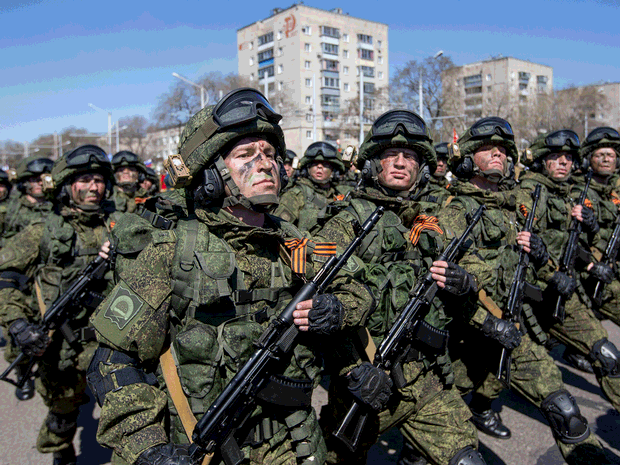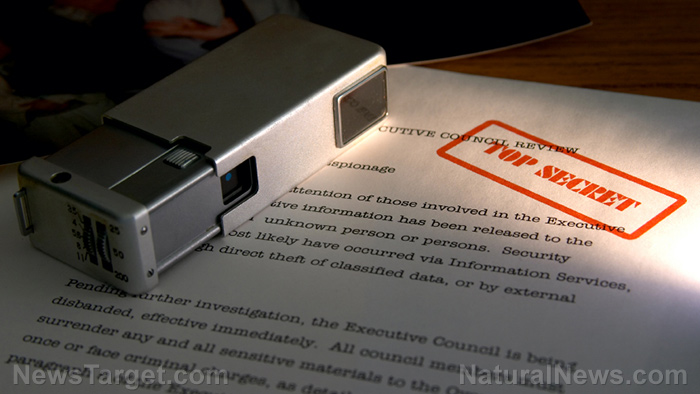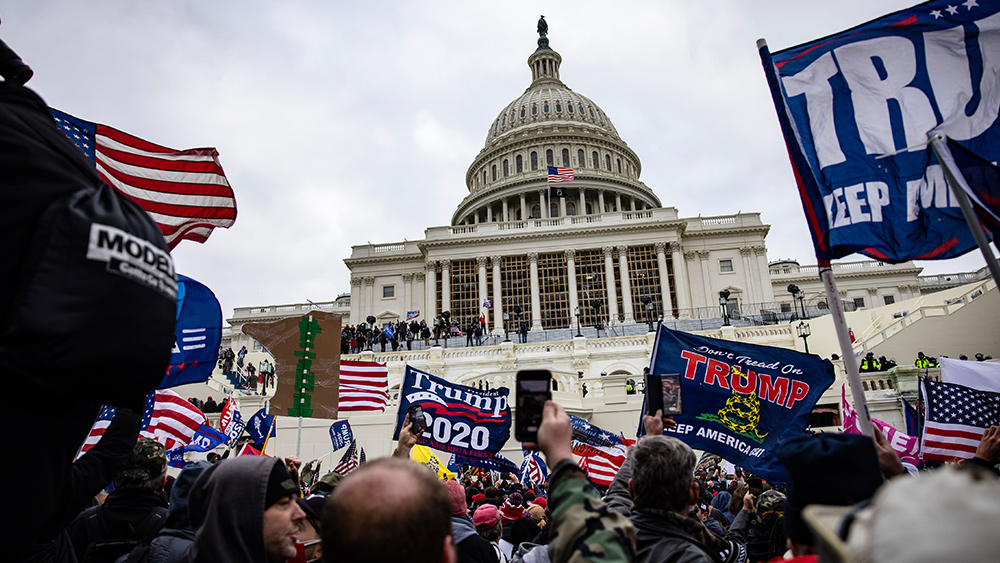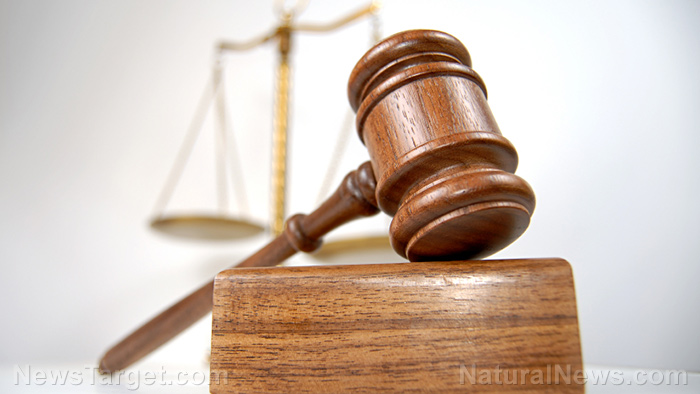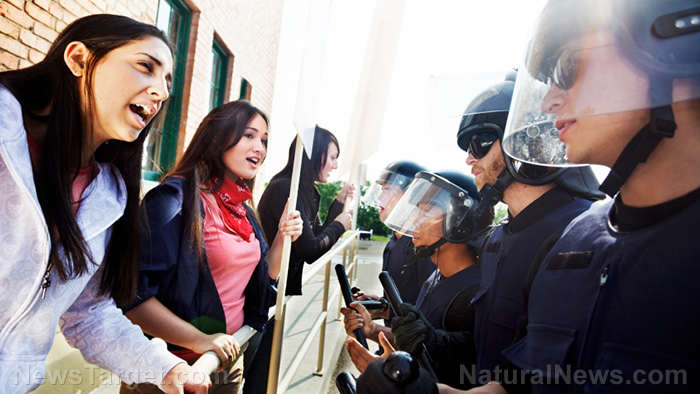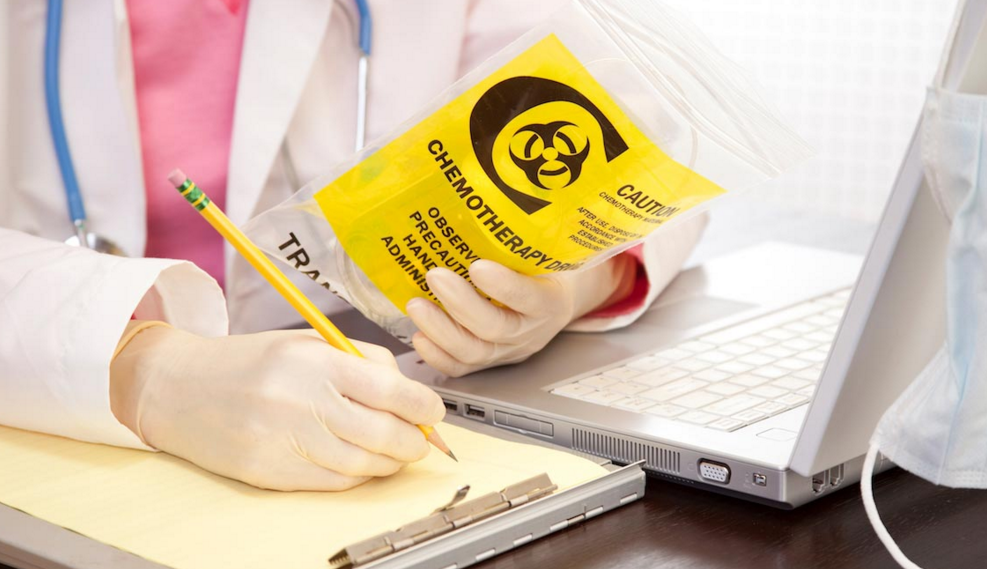Military spook groups SPIED on critics during covid lockdowns
02/01/2023 / By Ethan Huff

Operatives working within the United Kingdom’s “information warfare” military brigade participated in a sinister spying operation against critics of covid tyranny, we now know.
Politicians and high-profile journalists who raised skepticism or doubts about the official pandemic response became instant targets of this shadowy unit of the British Army, which compiled dossiers on public figures such as ex-Minister David Davis, who questioned the modeling behind early extreme death toll predictions.
Journalists Peter Hitchens and Toby Young also became targets for their dissenting views on lockdowns and social distancing measures, both of which we have since learned are responsible for causing widespread excess deaths.
The civil liberties group Big Brother Watch revealed that government cells including the Counter Disinformation Unit, based in the Department for Digital, Media, and Sport, were behind this spying operation. The Rapid Response Unit in the Cabinet Office was also involved.
The most secretive unit of all that participated is the Ministry of Defense (MoD)’s 77th Brigade, which is known to deploy “non-lethal engagement and legitimate non-military levers as a means to adapt behaviours of adversaries.” This is supposed to mean foreign adversaries specifically, but the 77th Brigade also used it against domestic targets as well.
British citizens who got caught in the web of this spying and surveillance operation saw their social media accounts scrutinized – though the MoD still denies doing this. Such scrutiny included “scraping” social media platforms for keywords such as “ventilators” or “lockdowns,” which were subjects of interest at the time, and targeting those who were talking about them.
The information gathered from this was then used to orchestrate sweeping government responses to criticisms of such things as stay-at-home orders, which gave police officers in the UK the arbitrary power to issue fines and break up gatherings. Ministers also used the information to push for the removal of certain “offending” social media posts, which were replaced with government propaganda.
“It’s outrageous that people questioning the government’s policies were subject to covert surveillance,” said former Cabinet Minister David Davis, a member of the Privy Council.
Social media posts of “scared people” were used by UK military to harass and punish covid tyranny resisters
An Army whistleblower who was involved with the spying operation has also come forward to reveal that he and his fellow comrades were, in fact, being told to spy on UK citizens who were leery of the government’s covid orders.
“It is quite obvious that our activities resulted in the monitoring of the UK population,” the whistleblower said. “Monitoring the social media posts of ordinary, scared people. These posts did not contain information that was untrue or coordinated – it was simply fear.”
After sharing an article based on leaked NHS (National Health Service) documents that claimed data used to publicly justify lockdowns was incomplete, Hitchens says he was contacted directly by an internal Rapid Response Unit accusing him of trying to “further [an] anti-lockdown agenda and influence the Commons vote.”
Hitchens also wonders if he was “shadow-banned” on social media for the sharing of this article, which was based on known facts drawn from sound science. Nothing in it was conspiratorial, but because it defied what the UK government was trying to do, it made him a target.
“The most astonishing thing about the great covid panic was how many attacks the state managed to make on basic freedoms without anyone much even caring, let alone protesting,” Hitchens said.
“Now is the time to demand a full and powerful investigation into the dark material Big Brother Watch has bravely uncovered.”
More of the latest news about government spying operations can be found at Surveillance.news.
Sources for this article include:
Submit a correction >>
Tagged Under:
Army, big government, Censorship, COVID, deep state, Liberty, lockdowns, pandemic, panic, Peter Hitchens, privacy watch, propaganda, real investigations, Social media, spies, spying, surveillance, Tyranny, whistle-blower
This article may contain statements that reflect the opinion of the author










